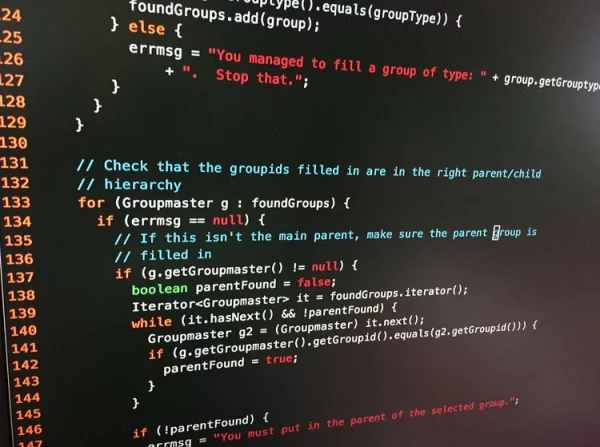编码≠世界语言
一些州的立法机构提议,学习代码的学生应该获得世界语言学分。学习代码就等同于学习世界语言吗?对于语言专业人士来说,这种想法似乎很荒谬。在当今世界,编码当然是一项有价值的技能。立法者和学校管理者需要在已经很拥挤的课程中寻找空间,挤出更多的学习内容,这也是可以理解的。然而,我们认为,取代世界语言是一个错误,因为世界语言是学生在课程中学习关键技能的地方,在联系日益紧密的全球社会和经济中取得成功。
为什么会这样?
How has language education gotten to this point? Perhaps we world language educators and advocates have ourselves partially to blame. Are too many language classes being taught in a way that makes people think that learning a language is equivalent to learning to code? Despite the efforts of standards-setting organizations and leaders in the field to move language teaching to a real-world proficiency approach, the traditional approach of teaching language as a set of rigid, mind-numbingly complex rules and conventions (verb conjugations, decontextualized grammar points, etc.) remains all too common in classrooms. In fact, this traditional way of teaching world language does feel a lot like coding. After all, coding consists of a set of specific, rigid lexicons and syntaxes that programmers use to create actions in computing devices. To compound the problem, many educational decision-makers remember that their own traditional language learning experiences were like working in verb conjugation and translation factory.
世界语言是活的
如果我们不采用传统的教学方式,而是将语言作为与来自不同文化和视角的人进行互动的活生生的方式来教授,那么世界语言就不可能与指挥机器执行动作的技能混为一谈。我们必须突出语言和文化的各个方面,使其在当今世界具有独特的价值。
我们世界语言教育工作者可以而且应该超越过时的教学方法,向利益相关者证明,我们这门学科的教育影响不亚于数学、科学和语言艺术。如果我们能做到这一点,就再也不会有人把语言学习与编码混为一谈了。





